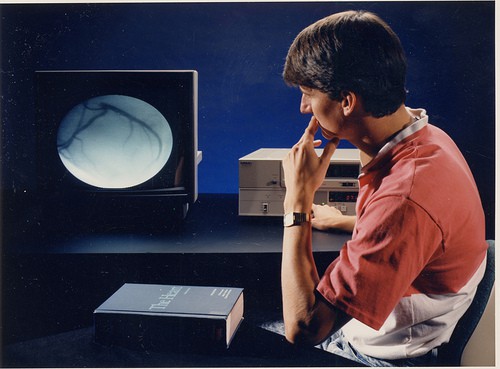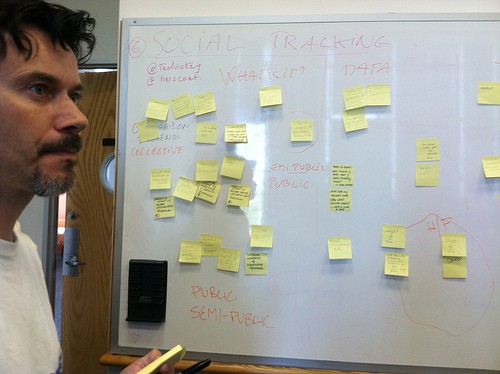
The Emersonian Doctoral Candidate
I’m flying down to Duke on Tuesday to speak with their graduate students. Preparing for the event inspired me to reflect on my own student experience. In doing so, an Emerson quote came to mind:
“To different minds, the same world is a hell, and a heaven”
Emerson does a good job of capturing the reality of a research-oriented graduate education. Even though students enter such programs — especially at top schools — strikingly homogenous, in terms of their educational backgrounds and achievements, after a few years, the group tends to radically bifurcate.
Some students love the experience and thrive. They dread the possibility that they might have to one day leave academia and take a “normal job.” To them, graduate school is Emerson’s heaven.
Other students hate the experience and wilt. They complain about their advisors, and their peers, and the school, and their busyness. They can’t wait to return to a “normal job.” To them, graduate school is Emerson’s hell.
I began to notice this split about halfway though my time at MIT. I loved graduate school, so I was mildly surprised, at first, to encounter cynical students secretly plotting to abandon ship after earning their masters degree, or to stumble into dark blogs with titles such as, appropriately enough, Dissertation Hell (” a place to rant…about the tortures of writing a dissertation”).
Why do such similar students end up with such different experiences?
Because I happened to be a professional advice writer at the same that I was a student, I studied the issue. I think the answers I found are important to our broader discussion because this Emersonian division is common in many professions, and understanding its cause helps us better understand the complicated task of building a compelling career and the pitfalls to avoid.


